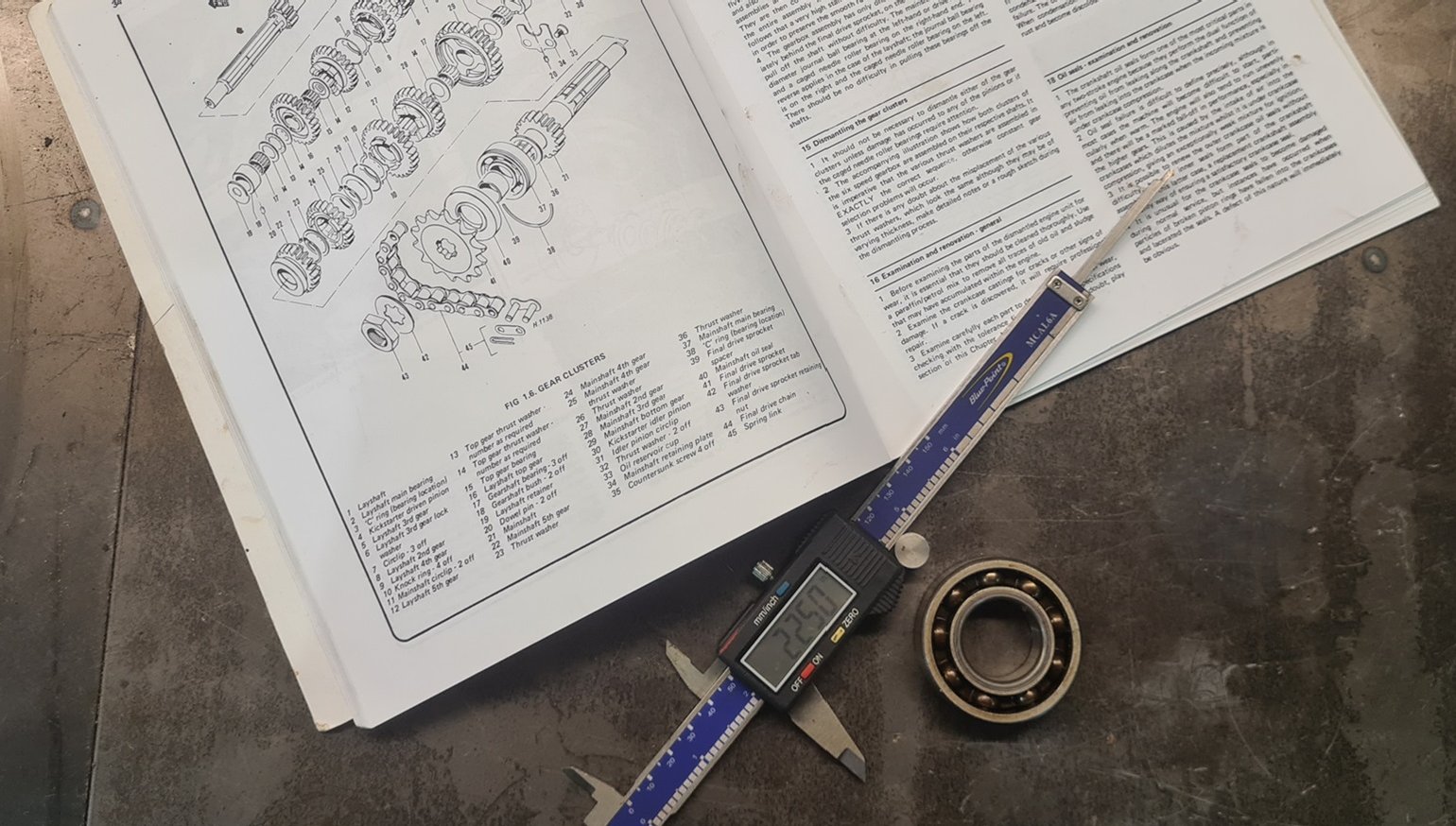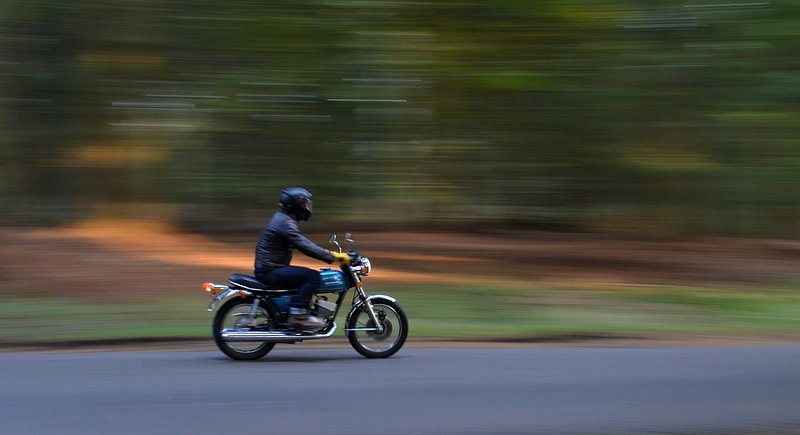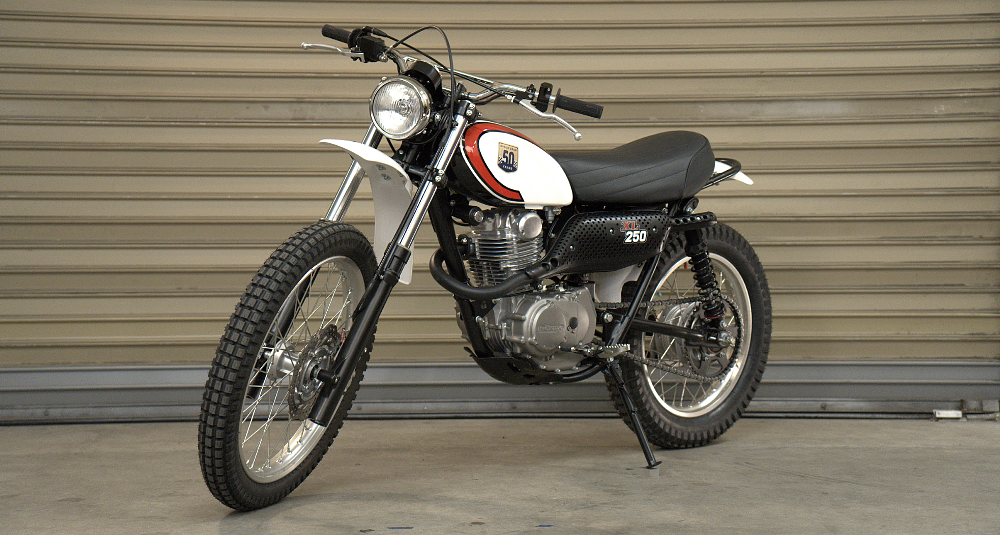New riders: Do not buy a classic bike as your first foray into the world of two wheels.
This is keen advice that I have heard on more than one occasion on the Highside/Lowside podcast. It sounds obvious, really. When you get that license, all you want to do is get out there and ride. Whether that's a blast out to new places or skipping the traffic on your morning commute, you just want a bike that works.
Yet somehow this concept slipped past my thought process when I was purchasing my very first bike, a 1976 Suzuki GT250, a street bike with a two-stroke parallel-twin engine. Unfortunately, that event happened several years prior to hearing that good advice from the podcast. But in other ways it was equal parts fortunate, because it was the beginning of a series of valuable lessons with benefits that I carry through to this day.
A deal was done on the Suzuki a week before I passed my bike test. It looked to be a well kept original machine, part of a collection that had been in storage for 20 years. It was a runner, so I figured that it would just require a light recommission and I'd be on my way. How wrong could I have been?
I'm a car mechanic by trade so I wasn't shy of getting on the spanners. But there are not many two-stroke cars kicking about in this world and I certainly hadn't worked on any. Foolishly, I was about to get a lesson in the nuances of this combustion cycle principle and what two decades of idleness can do to said motor.
Lesson one: Discipline and patience lead to quality
After a quick succession of breakdowns, it became clear that a more through rebuild would ensue. A broken ignition coil and a failed regulator/rectifier were relatively easy fixes. The bad starting from cold and excessive smoking proved not so easy. Here is where my new education would start. As a 2T rookie, I discovered that having a two-stroke motor sit unused for two decades really is catastrophic for the crank seals. I was now about to embark on my first motorcycle engine tear down.
Now my background at the time was in a fast-paced auto repair shop where time was money and quick turnover was essential. Not necessarily a good mindset for the task at hand. But here is where my first life lesson occurred. I had to slow down. An engine tear down on its own is a detail-orientated undertaking. You are not just simply removing parts, but also inspecting tolerances and imperfections along the way. Chasing the clock goes out of the window. And this is all before I got to the matter of balancing the crank.
Conscious of not wanting to do the job twice, I had to follow a process with discipline. Discipline cannot happen without patience, which was always an art in which I was deficient. Yet I knew I had no choice if I wanted to succeed. I stared at the motor with huge apprehension before removing that first bolt. But as I cautiously proceeded into the task, I felt myself ease into a methodical, relaxed, meditative-like state. My focus was high and, as a result, the quality of the rebuild was high, too. I had raised the ceiling for what I thought my skills were capable of.
Lesson two: Growth means moving outside the comfort zone
This situation with my first bike could have damn well dampened anybody's enthusiasm for their chosen new hobby. Yet for me it reignited a passion for mechanics after years of monotonous oil changes and fast-fit repairs. I remembered the feeling of job satisfaction. I adopted the "Every day's a school day" ethos and became hungry for more knowledge.
This led me to a much needed change in my life. I took welding and metal-shaping classes to broaden my skillset, ultimately leading to a job at a renowned restoration workshop. This taught me the value of stepping out of my comfort zone. I faced head-on any shortcomings in my own ability and sought the answers needed to become a better craftsman. But to do this, I had to overcome my introverted tendencies. By forcing my way out of my comfort zone, I was developing myself into a more rounded human being. I was learning communication skills and my newly found threshold for patience was standing me good stead in all aspects of my life, too.
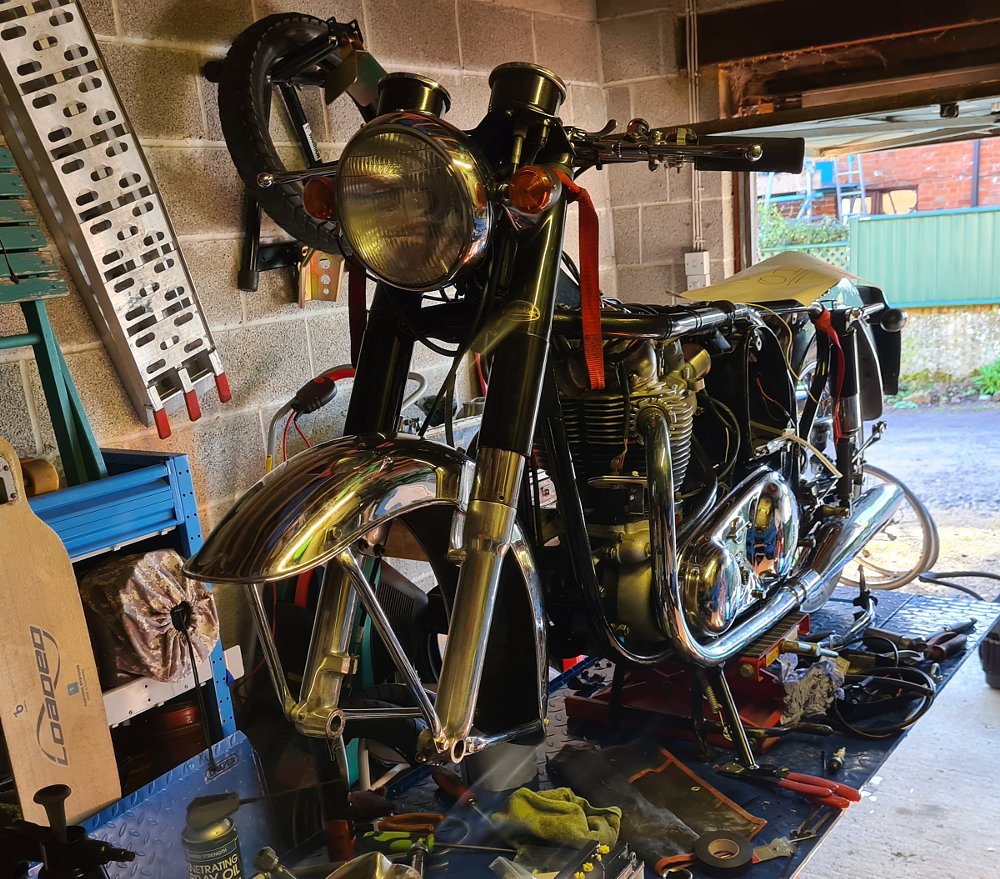
Lesson three: Learning to self-educate means always being prepared
Slowing my mind was certainly not making me less productive. In fact, quite the opposite. The calmer I was, the more efficient I became. The penny really dropped when I took on an old Norton Atlas to fix up for a friend. The old Brit bike was quite a different animal from the two-stroke Suzuki. I had no idea what I was looking at or where to begin. Folks who could provide advice on such antiquities are few and far between in my neck of the woods. I knew that I had to find the answers myself.
To get the old Norton running again, I had to educate myself on how such oddities as a magneto worked. But I tackled the job with confidence that I would handle the situation and get to the bottom of it. Teaching myself the art of setting up and timing a points ignition, learning to lace and true a wheel, etc., has instilled a tenacity in me. Gaining this confidence, without letting it become arrogance, was empowering. And my newfound ability to conquer the unknown certainly served me well when I became a parent for the first time. I felt like I hit the ground running.
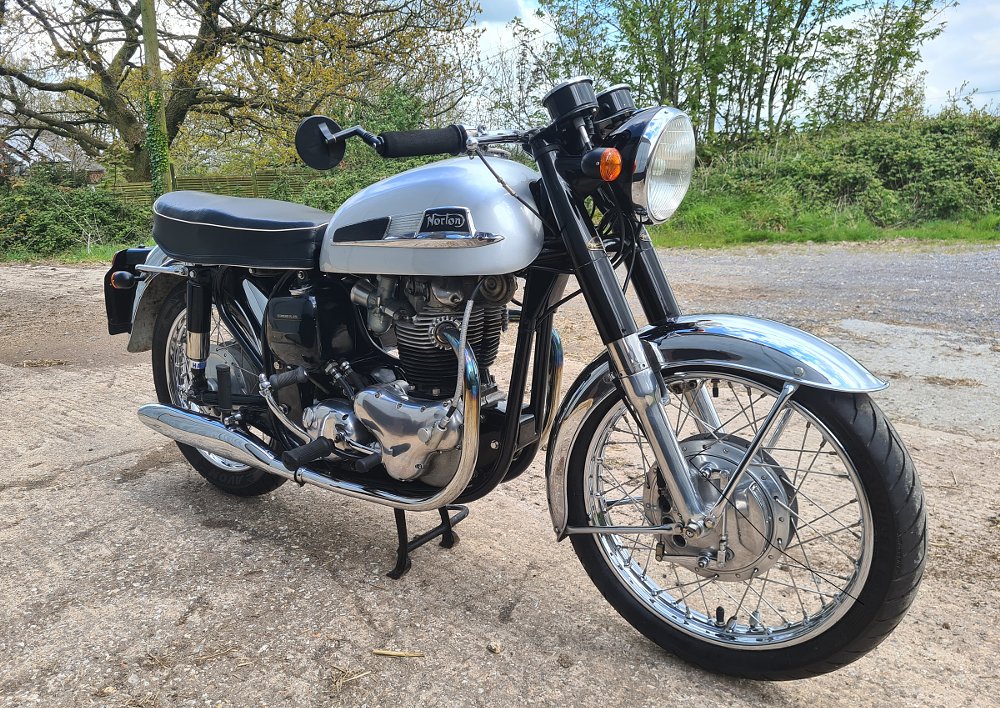
So surprising to me, I had no idea that buying an old Suzuki would have such an effect on the direction of my life. Not only has it given me another form of interaction with motorcycles beyond simply just riding them, but it has also developed me personally. And it has taken my career to a new level, beyond the ceiling that I had previously capped upon myself. I have learned what true job satisfaction really means, and my life feels enriched all the more for it.
With hindsight, at least in my case, maybe it was a good thing that I was several years too early for that classic bike advice.




